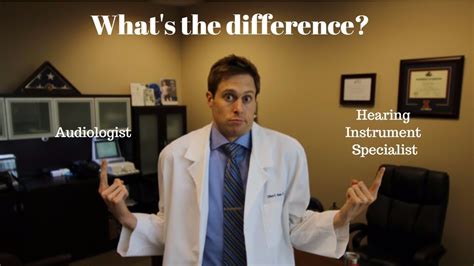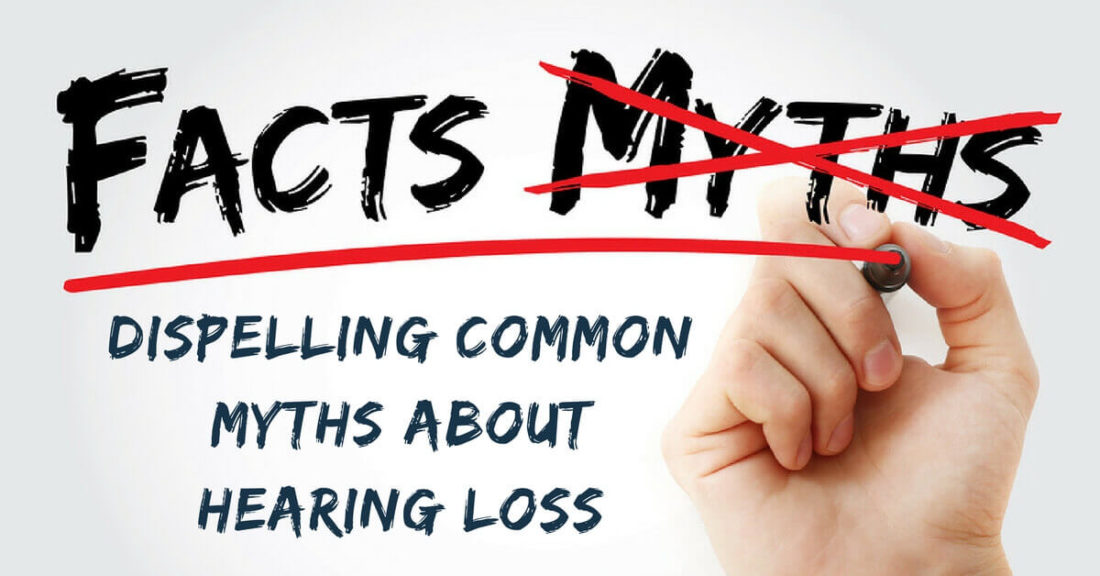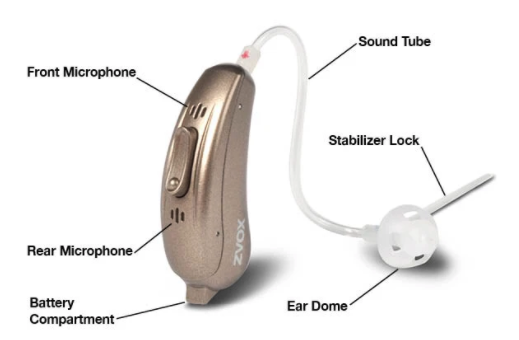Hearing Health Practitioners: Who they are and what they do

When people think of a hearing practitioner, most think of an Audiologist. Yet, for many clinics, like The Ear Depot, we have Hearing Instrument Specialists (HIS) on staff. So what’s the difference between these hearing health practitioners? What can a HIS do? Does it matter which I see to get my hearing tested or get hearing aids? In this blog, we hope to answer those questions.
Hearing Instrument Specialists, Practitioners, or Dispensers
Hearing Instrument Specialists (HIS), or Practitioners (HIP), are hearing healthcare professionals certified in testing hearing and fitting hearing aids for adults (anyone over the age of 18). Areas in which they work include:
- To provide consultation on hearing, communication, tinnitus, etc.
- Performing hearing tests
- Counselling
- Providing a hearing aid selection
- To customize hearing aid fittings
- Making of hearing aid or noise protection ear molds
- Instruct in the maintenance and use of hearing aids
- Adjust and repair hearing aids
- Remove wax from the ear (this is a specialized certificate)
In Ontario, the main difference between an Audiologist and a HIS in practice is the ability to see children. All prescriptions (hearing aids and medication) are still done through your family doctor.
Hearing Instrument Dispensers (HID) are individuals who have graduated from a hearing instrument specialist program yet are awaiting their licencing exam. HID can still dispense hearing aids under licenced HIS supervision.
Education
With a growing adult population who will need hearing aids, HIS provides another avenue to receive quality care. Having a variety of skilled hearing professionals working together gives individuals more choices and flexibility.
HIS train in the same hearing health care studies as audiologists but from college vs. university training. With a college education, their focus is more on practical training vs medical diagnosis and research. The amount of time training between these two programs of study is almost equal. Both HIS and Audiologists spend 2-3 years studying hearing health, testing, and hearing aids.
Other Hearing Health Professionals
Additionally, other practitioners that work in hearing include professionals like myself (Taylor), a Communications Disorders Assistant (CDA). CDAs are trained support personnel. These individuals study in areas of speech, language, neurogenic disorders, and audiology. Within these fields, CDAs can work under registered health professionals like audiologists, hearing instrument specialists, speech-language pathologists, and others. In audiology, CDAs can:
- Conduct hearing screenings and testing
- Perform maintenance, troubleshoots, and re-programming on hearing aids
- Provide education and training in hearing aid care and communication strategies
- Perform other in-office duties like calibrating equipment, preparing reports, billing, scheduling, filing, etc.
For others, going to see an ENT (ear, nose, and throat specialist) might also be a regular part of your hearing healthcare routine.
So what does it all mean…
Audiologists, HISs, CDAs, and ENTs all can be part of your hearing healthcare team. The main difference between them in their primary focus:
- Audiologist – medical diagnosis, hearing testing in all ages, and research
- HIS – testing, hearing aids selection and dispensing for adults
- ENT – medical specialist, focusing on advanced testing, diagnosis, and more complex hearing losses
- CDA – support personnel for all of the above
In Ontario, you have choices and variety in choosing a qualified practitioner to assist with your hearing health! For more about us, our team and our experience, check out the ‘about us tab on our website. We are here to serve you.



Recent Comments